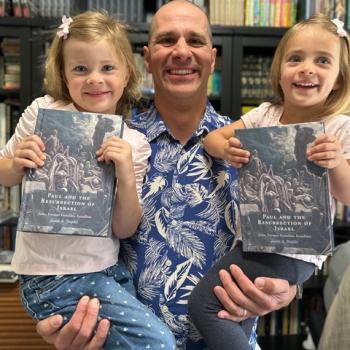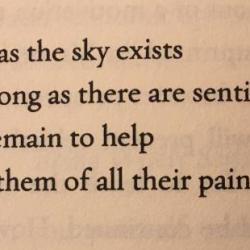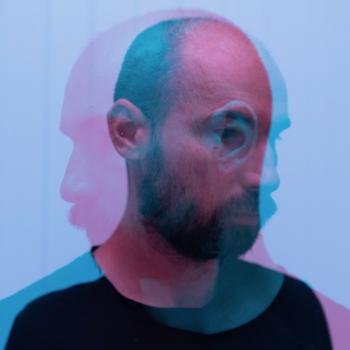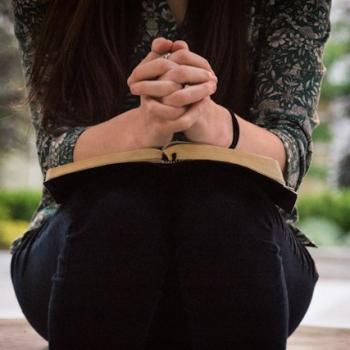Harry Potter and the Deathly Hallows, Pt. 1 (dir. David Yates)
Another film that indicts government, the seventh Harry Potter film shows the gradual creep that makes it possible for good people to be a part of a bad system. When the Ministry of Magic is taken over by the evil Lord Voldemort, the civil servants remain, despite the fact that their efforts are now making torture, murder, and all-out war possible. As long as they don't know or don't directly carry those things out, though, perhaps they can't be bothered. Author J.K. Rowling made the Potter novels more and more topical as her ire against the Bush and Blair governments grew, and the film gives us striking visual representations of the Ministry of Magic as a fascist and racist regime as powerful as the narrative showing our three heroes running for their lives. Meanwhile, Harry, Hermione, and Ron continue to demonstrate true heroism for us: sacrifice, courage, perseverance—qualities we all need more of.
Lost (Carlton Cuse and Damon Lindelof, executive producers)
One of the best (and most maddening) shows in TV history, Lost ended this year as it had begun (both literally and figuratively). Like Glee, a show set within a social experiment (think desert island, not high school, but still with that whole Lord of the Flies dynamic possible), Lost grappled with the question of how one creates a community and how one reacts when that community is menaced from the outside. The final episodes revolved around the power of community, how we are better when we are together, how we can call each other to be our best selves, how we belong together. Watching Jack (Matthew Fox) take on the mantle of the sacrificial hero reminded me of the first episodes, when he admonished the survivors of Oceanic Flight 815 that if they couldn't learn to live together, they would die alone. Jack did indeed die alone (except for a faithful dog); but because he had learned how to live with others, because he had died in the service of others, he was also gathered into the light with them.
Superman: Secret Origin (Geoff Johns/Gary Frank)
Pay attention to all-American characters like Superman for information on how American culture might be re-viewing itself. Geoff Johns' 2010 graphic novel retells the Superman origin (for something like the tenth time, but as we said, every generation needs its own Superman) and again casts secular savior and uber-capitalist Lex Luthor as one of the world's powers and principalities tempting humanity toward his vision of life. Rarer here is the use of the U.S. military to combat the threat of alien invasion (with Superman standing in as the ultimate alien "Other"). When you see U.S. soldiers firing at one of America's iconic heroes, it reflects a widespread concern that American military strength is being used for the wrong purposes. But Superman still offers us the example of violence confronted with the minimum amount of reactive violence, and of a life in which someone more powerful devotes himself not to preserving or expanding his power, but to the service of those who are less powerful. How often do we see that happen?
U2: 360 Tour
The band that integrates religion and politics better than anyone else didn't play tour dates in the States last year, but its 2009 show at the Rose Bowl was released in 2010 as a concert film. But here's what did happen: U2 played in a dozen countries on a couple of continents, bringing their unified performance of faith and rock and roll to disparate people in the Northern and Southern hemispheres alike. They carried the passionate wisdom of Archbishop Desmond Tutu, who last year retired from public life, to hundreds of thousands more people (in a taped message, Tutu told concertgoers "God will put a wind at our back and a rising road ahead, if we work together as one"). Perhaps most importantly, the Burmese activist Aung San Suu Kyi, whose captivity the band had spotlighted not only with the song "Walk On," but by encouraging 360 Tour audience members to dress in Aung San Suu Kyi masks, was released from house arrest in late 2010. Was this because of U2? It's more complicated than that. But what other media figures would have had the power to so effectively keep the heat on the Burmese government—and publicize the activist and her actions worldwide?





